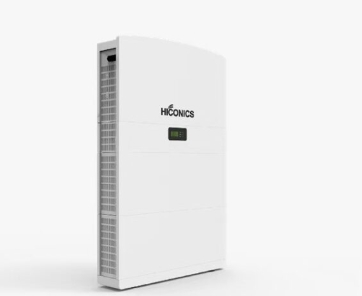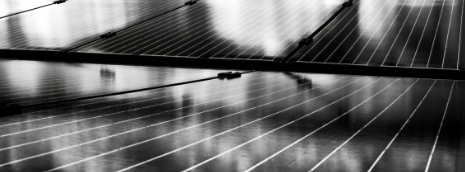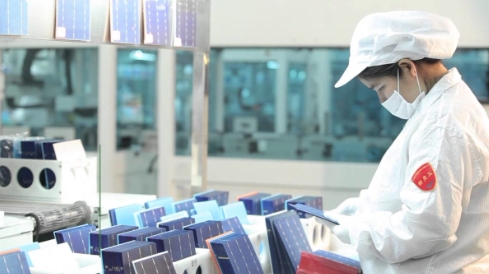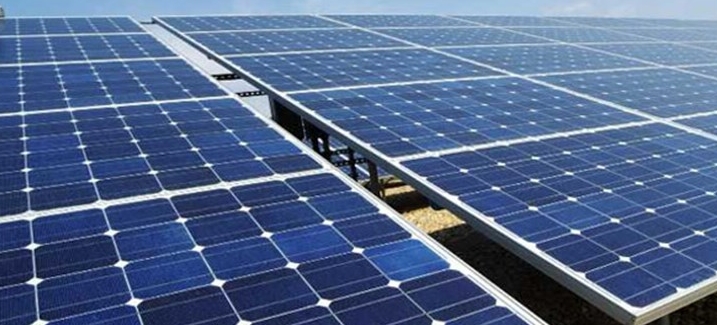
The measure is being taken as part of the German government’s EKBG to secure the energy supply in the coming winters. This law pursues the goal of using as little gas as possible for power generation and replacing it with other energy sources.
The Heyden 4 power plant in Petershagen near Minden had already ceased commercial operation after an award in the first tender to reduce coal-fired power generation, but returned to the market on 29 August 2022 from the grid reserve on the basis of the EKBG and the associated first ordinance. This first ordinance only allowed a return to the market until 30 April 2023. Now this term has been extended and continued operation is allowed until 31 March 2024 at the most. The power plant has a total capacity of 875 MW.
The Staudinger 5 hard coal-fired power plant near Hanau would have had to cease commercial operation on 21 May 2023 due to the award in the fourth tender to reduce coal-fired power generation. Instead of being used only in the grid reserve from 22 May 2023 onwards, it is now going to remain the market, also on the basis of the EKBG. Staudinger 5 has a total capacity of 510 MW and contributes significantly to security of supply in Germany.
Both power plants will be used commercially to support the security of energy supply in Germany. At the same time, Uniper is currently preparing for the continued operation of the Scholven B hard coal-fired power plant (345 MW) in Gelsenkirchen beyond June 2023.
With Heyden 4 (875 MW), Scholven C (345 MW), Irsching 3 (415 MW) and Staudinger 5 (510 MW), Uniper has now brought around 2.150 MW of reliable capacity back into the German electricity market to reduce gas consumption during the current shortage situation.







